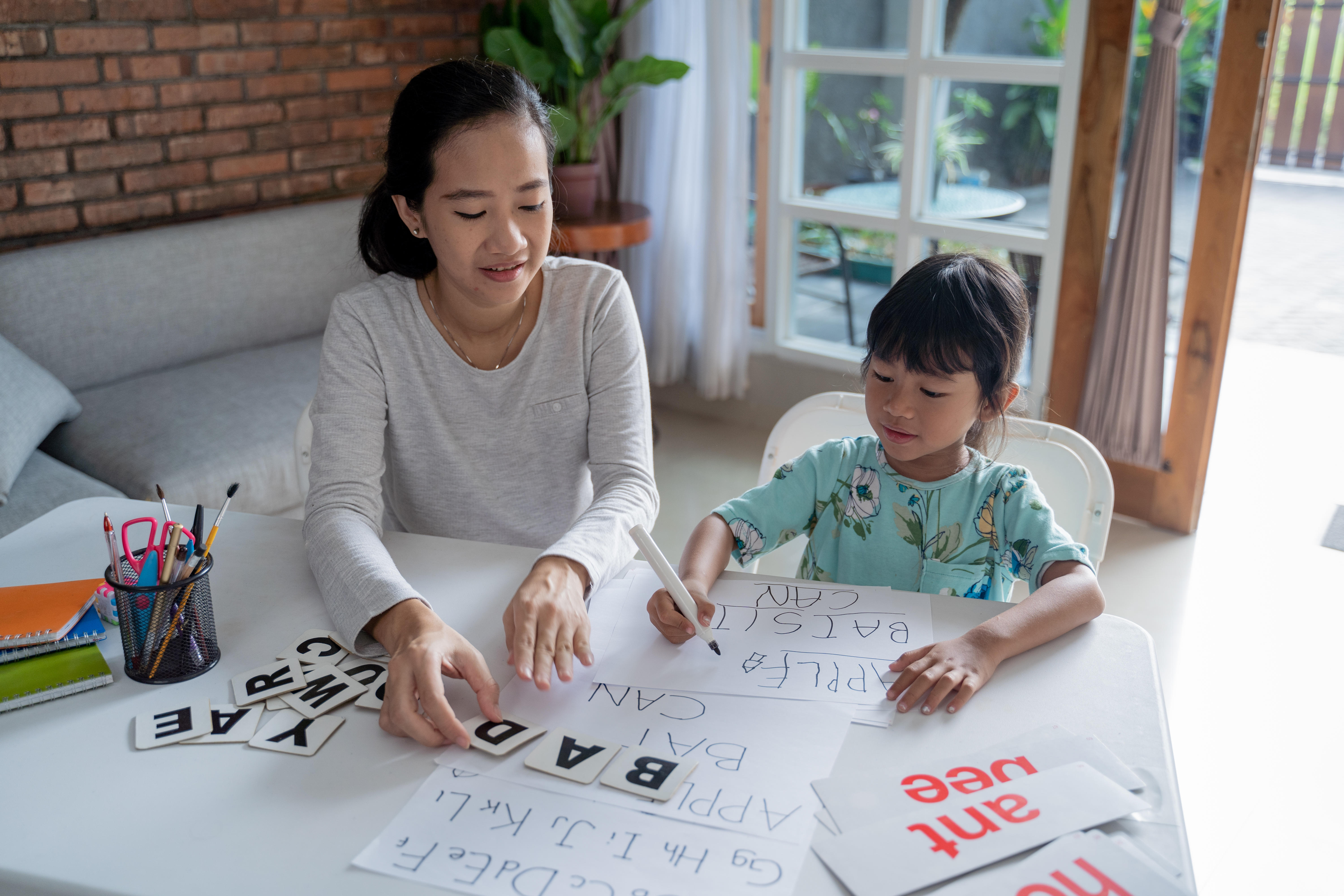Homeschooling is a form of education in which most of a child’s instruction is conducted in the home. Parents are usually the main teachers. Families who homeschool typically give lessons in subjects similar to those taught in public and private schools. 
There are many reasons parents choose homeschooling for their children. Many parents do so because they want to teach a specific set of values—usually Christian, but also many others—to their children. Parents also may decide on homeschooling because they want less structured learning for their children than a typical public or private school provides. Others may want greater control over the selection of material their children are being taught.
Some families organize homeschools like a conventional school, with structured daily activities. Others view all of life as an opportunity for learning and use a flexible schedule. Most families provide educational experiences outside as well as inside the home. For example, their children may visit museums, work in a garden, serve as apprentices, or play on sports teams. Some families who practice homeschooling use textbooks and prepackaged courses of study. Others create their own materials.
Critics of home education argue that homeschooled children may not have enough contact with other children, especially those from different backgrounds. They also claim that the average parent is not as qualified as a schoolteacher to educate a child. However, studies have shown that most homeschooled children achieve scores equal to or better than those of public-school students in college entrance examinations, achievement tests, and social development tests.
Since the late 1970’s, increasing numbers of parents in the United States have begun to teach their children at home. Several million children in the United States are educated at home. Each state has different laws to govern the operation of homeschools.
